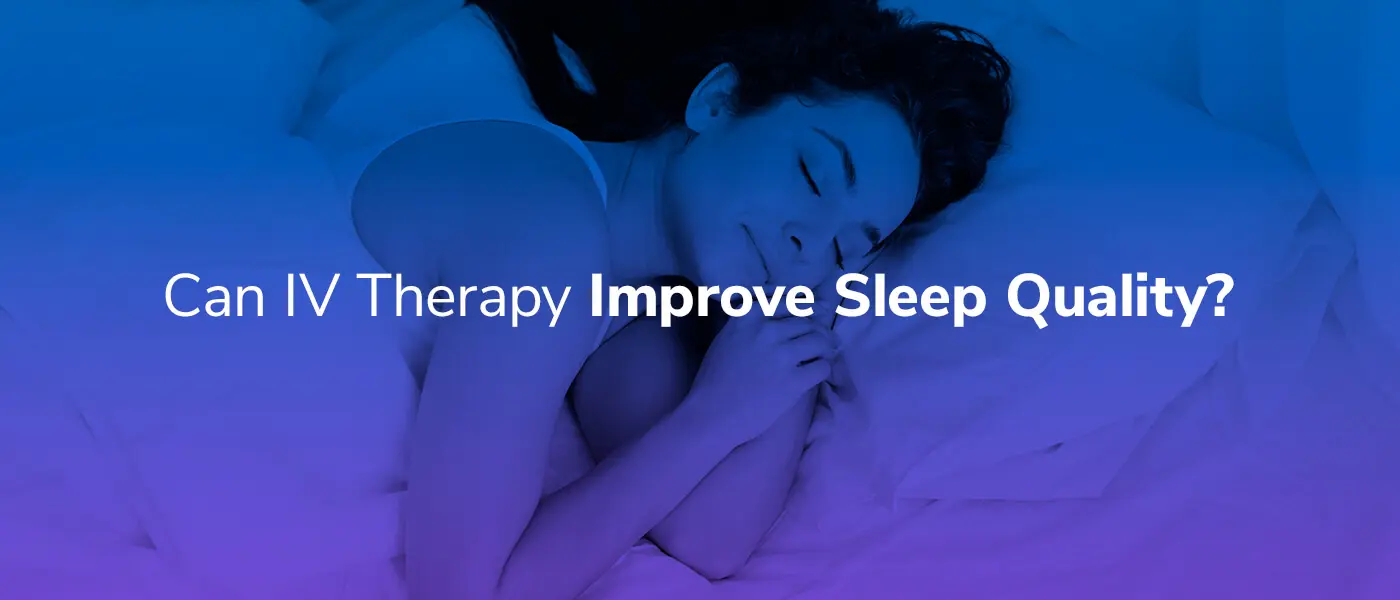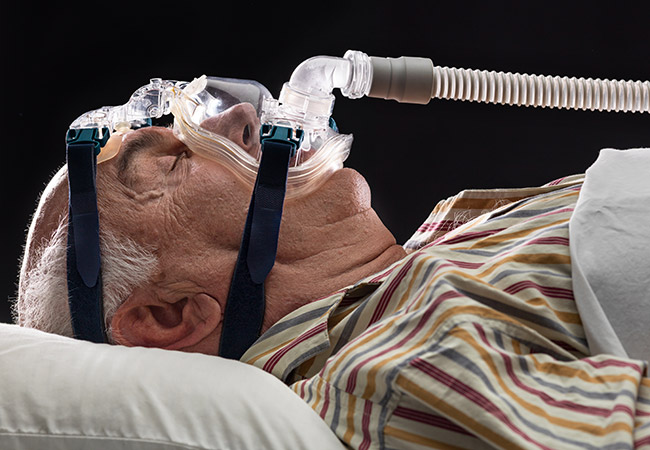Sleep Improvement Therapy - Enhance Your Sleep High Quality
Sleep Improvement Therapy - Enhance Your Sleep High Quality
Blog Article
Efficient Therapy Solutions for Handling Sleep Disorders and Enhancing Relaxed Rest
In the realm of healthcare, the monitoring of sleep disorders and the pursuit for relaxing sleep are pivotal elements of total wellness. Effective therapy services offer a diverse strategy to deal with these challenges, ranging from cognitive behavior interventions to all natural methods that advertise leisure and mindfulness. The exploration of various strategies, including the integration of medication and light treatment, opens a realm of opportunities in the search of better rest high quality. As we navigate the detailed landscape of sleep conditions and seek to improve our rest experience, a much deeper understanding of these treatment services might hold the trick to unlocking a much more rejuvenating and satisfying restorative trip.
Cognitive Behavior Modification for Sleeping Disorders (CBT-I)
Cognitive Behavior Modification for Sleep Problems (CBT-I) is an organized, evidence-based therapy strategy that concentrates on addressing the underlying elements contributing to sleep disturbances. This sort of treatment aims to modify actions and ideas that intensify insomnia, eventually promoting healthy and balanced rest patterns. CBT-I usually includes a number of key components, consisting of cognitive treatment, sleep constraint, stimulation control, and rest health education.
Cognitive treatment helps individuals recognize and change negative idea patterns and ideas regarding rest that may be hindering their capability to fall or remain asleep. Rest constraint entails restricting the amount of time invested in bed to match the individual's actual rest period, thus raising sleep efficiency (sleep improvement therapy). Stimulation control methods help establish a strong organization in between the bed and sleep by urging people to visit bed only when drowsy and to avoid involving in promoting activities in bed
In addition, rest hygiene education and learning concentrates on establishing healthy sleep behaviors, such as preserving a consistent rest schedule, developing a relaxing going to bed routine, and maximizing the sleep setting. By dealing with these factors adequately, CBT-I provides an effective non-pharmacological treatment for taking care of insomnia and improving general rest quality.
Sleep Health Practices
Having developed the foundation of cognitive restructuring and behavioral alterations in resolving sleeplessness through Cognitive Behavioral Treatment for Insomnia (CBT-I), the focus now changes in the direction of checking out essential Rest Health Practices for keeping optimum sleep high quality and total health.
Rest hygiene methods encompass a range of routines and environmental elements that can substantially affect one's capacity to drop off to sleep and remain asleep throughout the night. Constant sleep and wake times, developing a relaxing bedtime regimen, and maximizing the rest atmosphere by maintaining it dark, silent, and cool are important parts of good sleep health. Restricting direct exposure to displays prior to bedtime, preventing stimulants like caffeine close to going to bed, and taking part in regular physical task throughout the day can also promote much better sleep high quality.
Furthermore, practicing relaxation techniques such as deep breathing workouts or meditation prior to bed can aid calm the mind and prepare the body for rest. By integrating these rest health methods right into one's daily routine, people can develop a healthy and balanced sleep pattern that sustains peaceful sleep and total health.
Leisure Techniques and Mindfulness
Implementing relaxation methods and mindfulness practices can play an essential duty in cultivating a sense of calmness and advertising top quality sleep. In addition, directed imagery can help deliver people to a tranquil place in their minds, helping in tension decrease and enhancing rest top quality.
By incorporating these methods into a going to bed routine, individuals can signify to their bodies that it is time to relax and prepare for sleep. Overall, incorporating relaxation methods and mindfulness methods can significantly contribute to managing sleep disorders and boosting total sleep high quality.

Medication Options for Rest Disorders
After discovering relaxation strategies and mindfulness techniques as non-pharmacological treatments for enhancing rest high quality, it is necessary to think about medicine choices for individuals with sleep conditions. In cases where way of living modifications and therapy do not give enough relief, medicine can be a beneficial device in managing rest disruptions.
Typically recommended drugs for sleep disorders include benzodiazepines, non-benzodiazepine hypnotics, antidepressants, and melatonin receptor agonists. Antidepressants, such as trazodone, can be advantageous for people with co-occurring anxiety and rest disruptions - insomnia specialist.
It is critical for individuals to seek advice from a healthcare service provider to determine the most proper medicine choice based upon their certain sleep problem and case history.
Light Therapy for Body Clock Guideline
Light treatment, also known as photo-therapy, is a non-invasive therapy technique made use of to control body clocks and improve sleep-wake cycles. This visit this site treatment includes achy leg syndrome exposure to bright light that mimics natural sunlight, which helps to reset the body's body clock. By subjecting people to particular wavelengths of light, generally in the early morning or night depending upon the wanted impact, light therapy can properly change the circadian rhythm to promote wakefulness throughout the day and enhance relaxing sleep during the night.
Study has actually revealed that light therapy can be particularly valuable for people with body clock disorders, such as delayed rest stage disorder or jet lag. It can also be helpful for those experiencing seasonal depression (SAD), a sort of anxiety that commonly occurs during the winter season when natural light exposure is minimized. Light treatment is usually well-tolerated and can be used along with various other treatment methods for sleep disorders to maximize results and enhance general sleep top quality.
Verdict
In verdict, effective therapy remedies for handling rest problems and boosting relaxing sleep include Cognitive Behavioral Treatment for Sleeping Disorders (CBT-I), rest hygiene methods, leisure methods Click Here and mindfulness, medicine choices, and light therapy for circadian rhythm regulation. These approaches can help individuals boost their rest high quality and overall wellness. It is essential to speak with a doctor to determine the most suitable approach for addressing rest concerns.
As we browse the elaborate landscape of sleep conditions and seek to boost our sleep experience, a deeper understanding of these therapy remedies may hold the key to opening a much more rejuvenating and meeting corrective journey.
Sleep constraint includes restricting the quantity of time spent in bed to match the individual's actual rest duration, thereby increasing rest effectiveness. Consistent rest and wake times, producing a relaxing going to bed routine, and enhancing the rest environment by keeping it dark, silent, and cool are critical parts of good rest health. Light treatment is usually well-tolerated and can be used in conjunction with various other treatment techniques for sleep disorders to maximize outcomes and boost total rest top quality.

Report this page